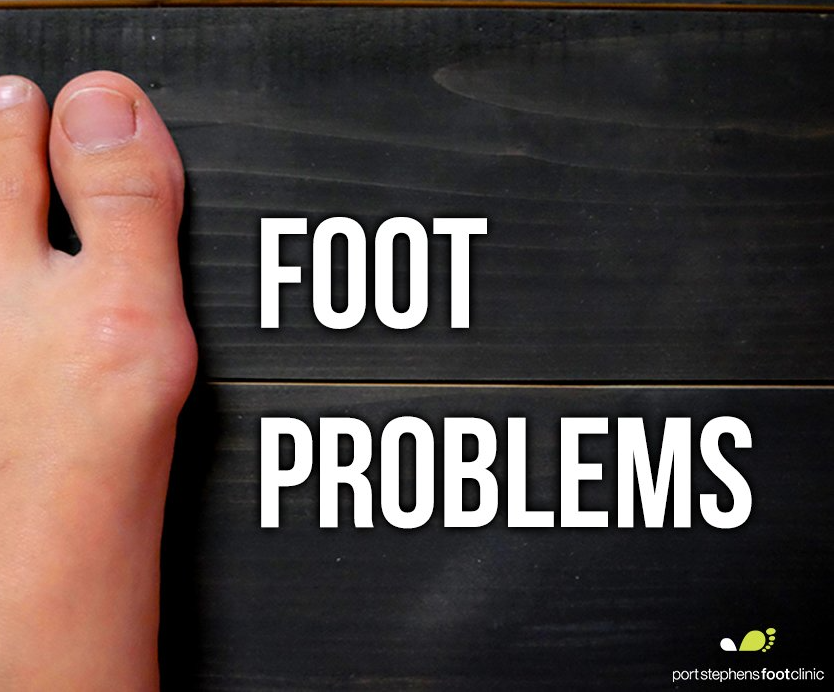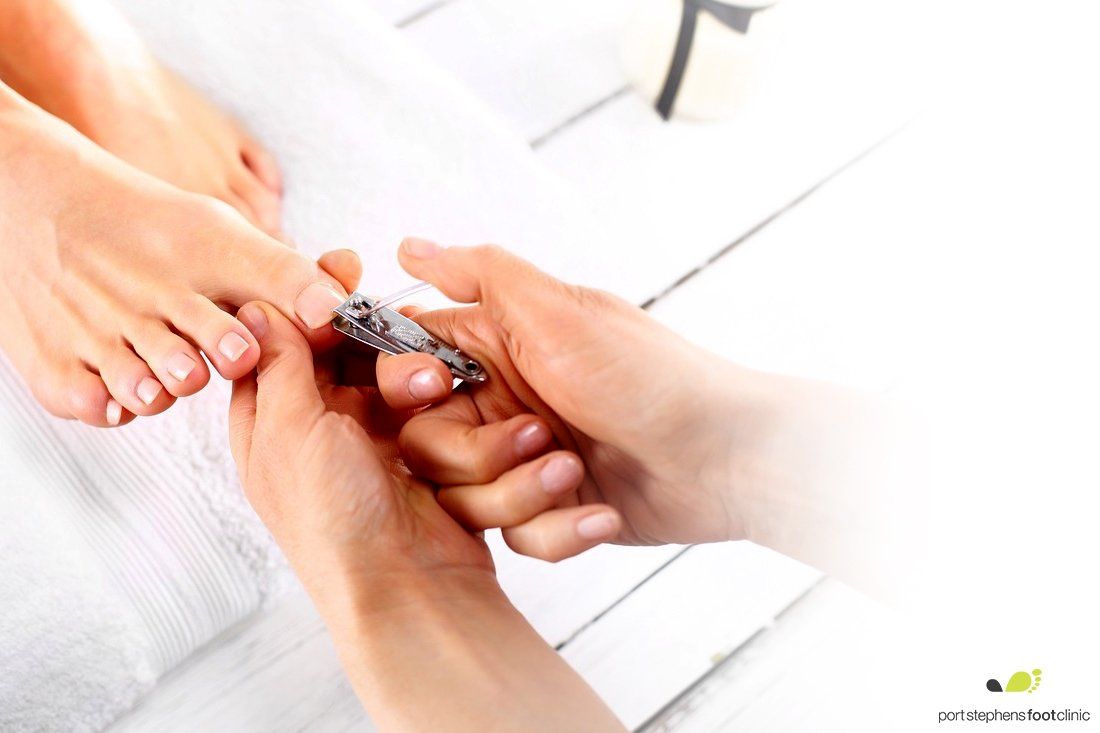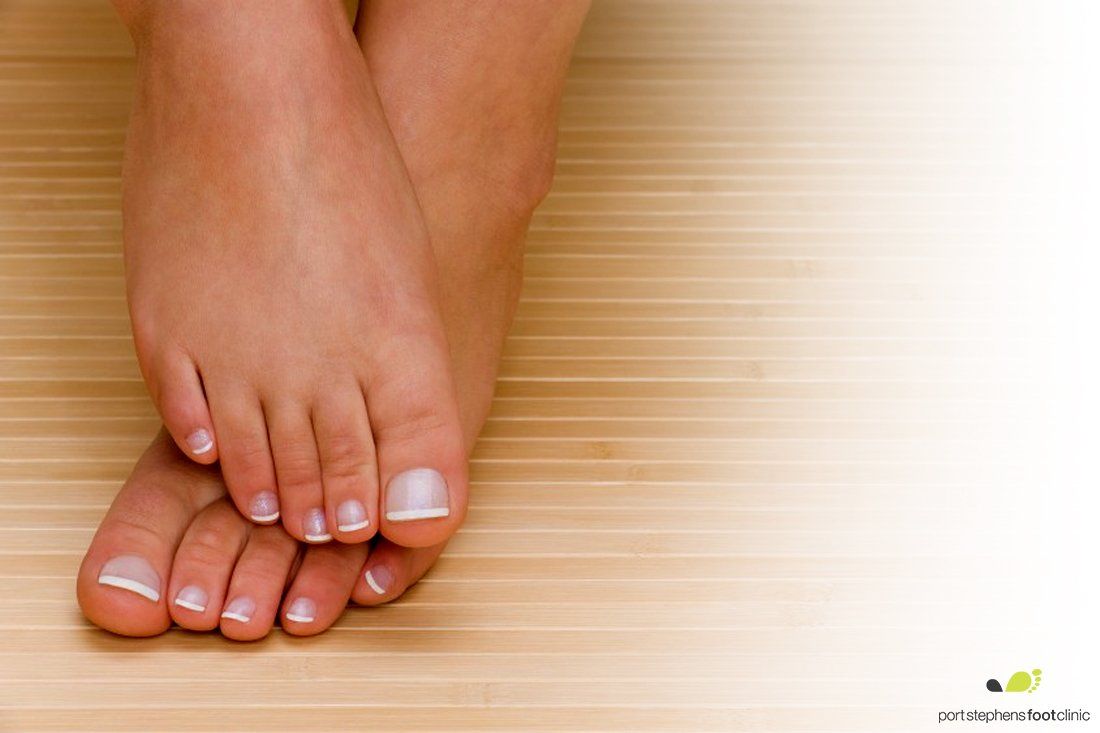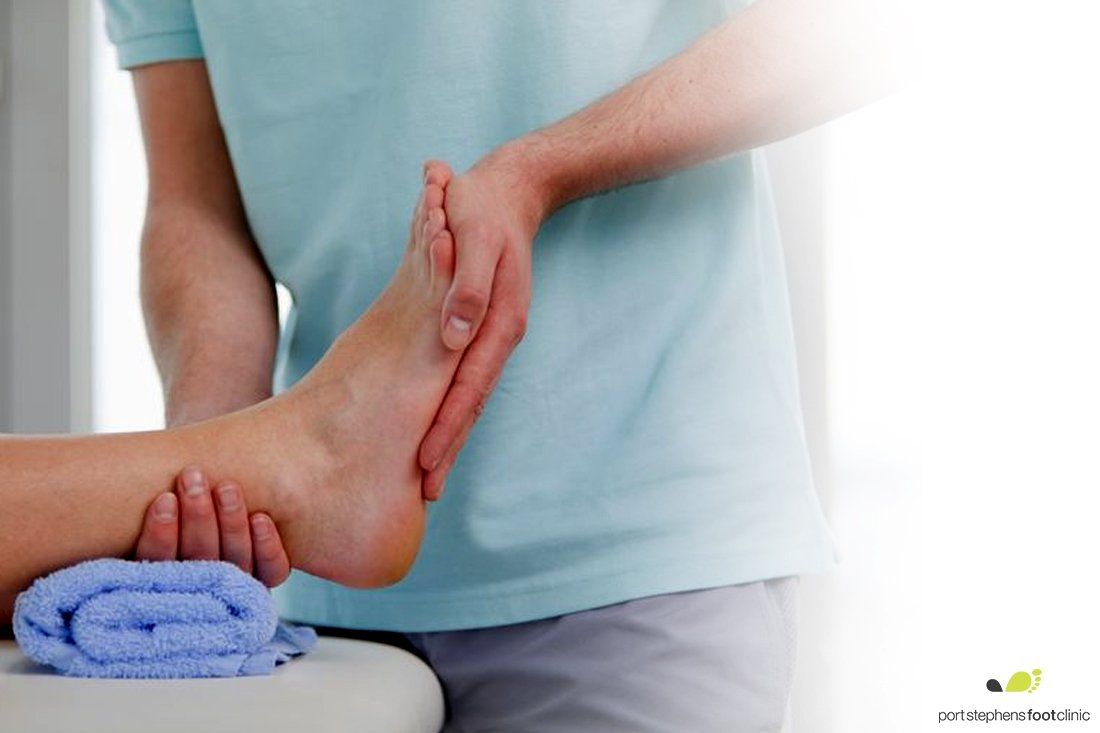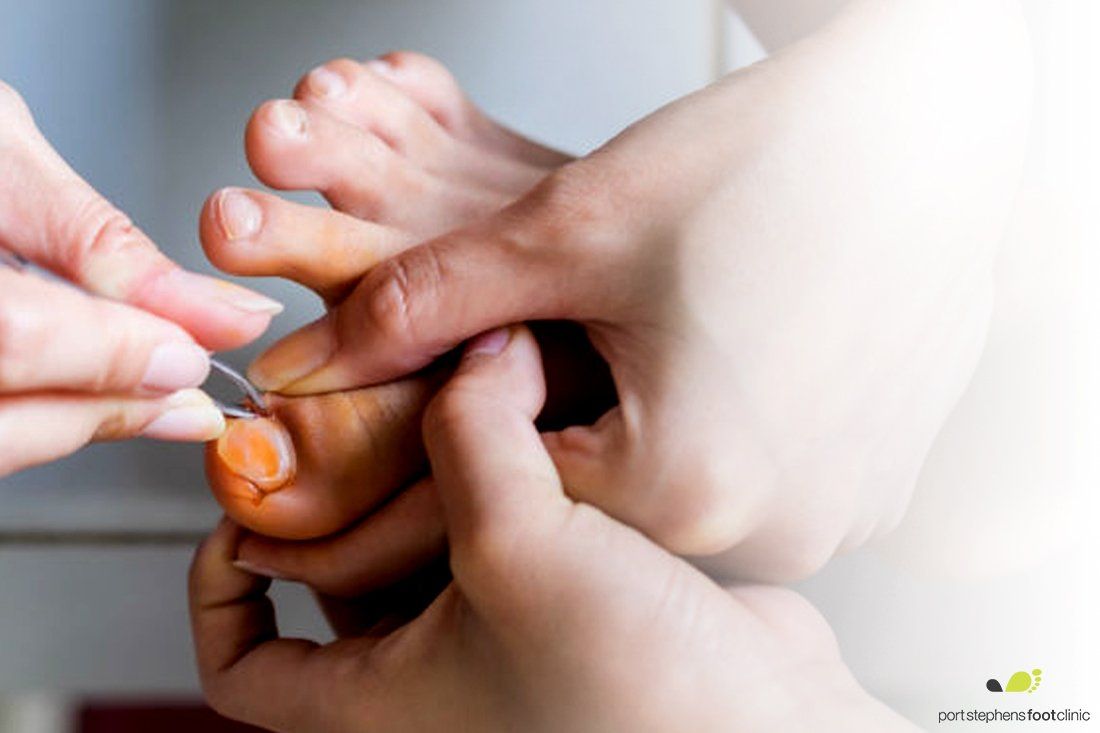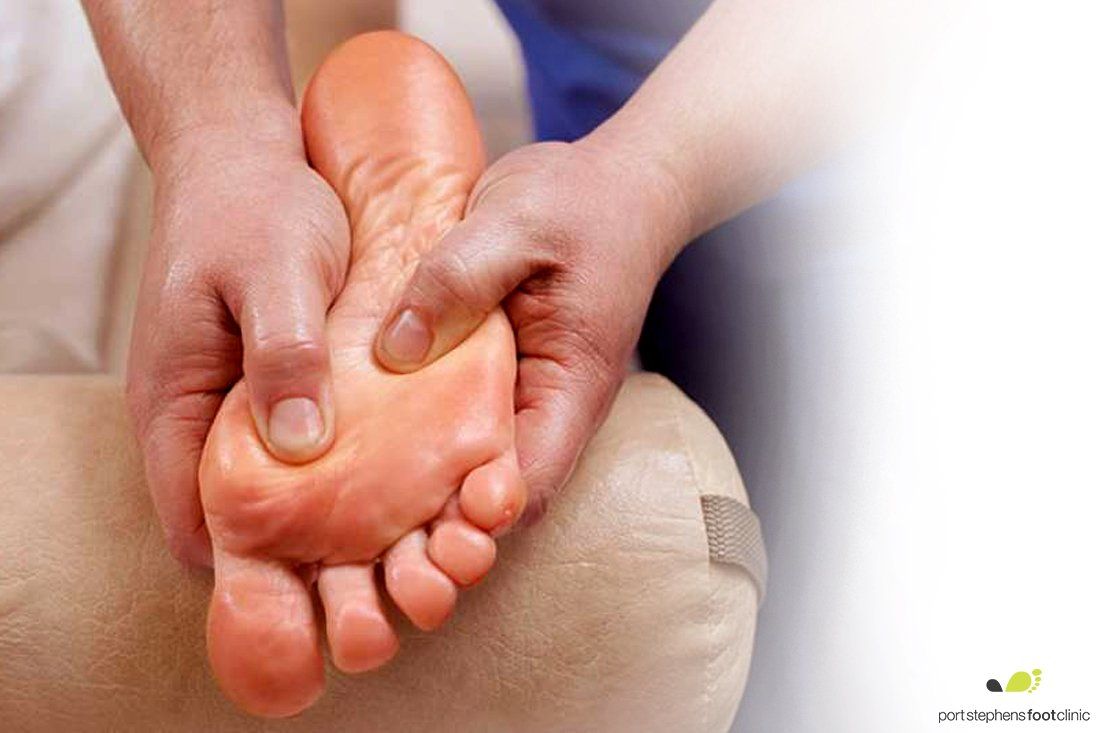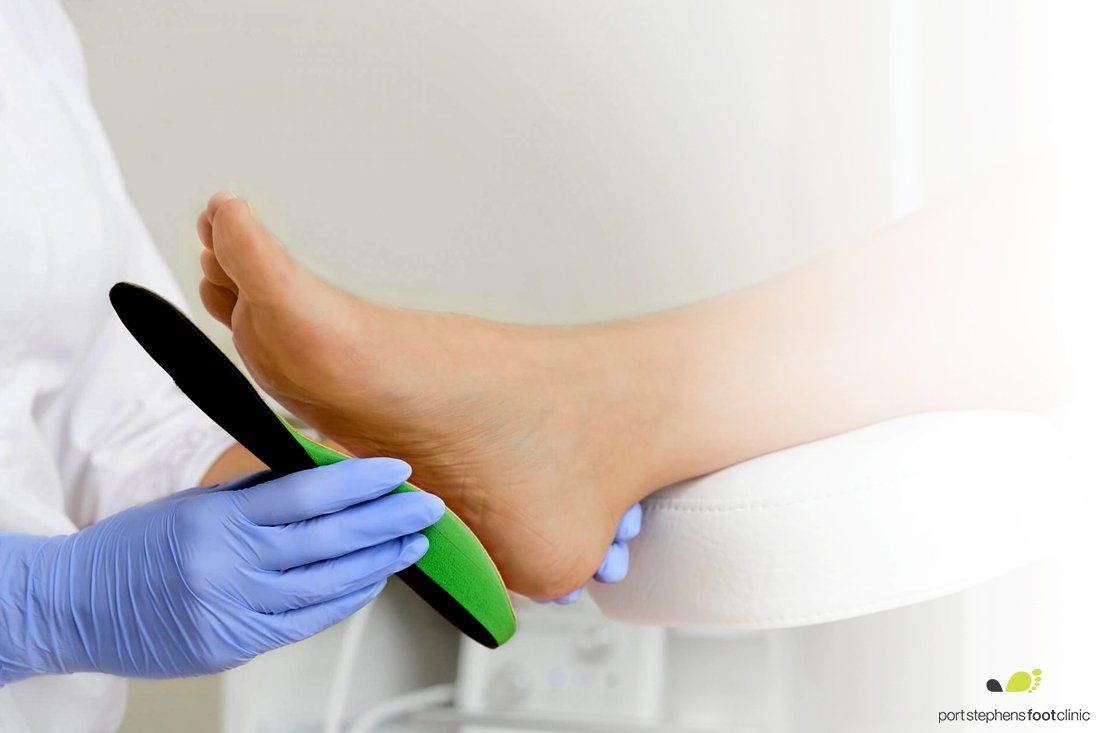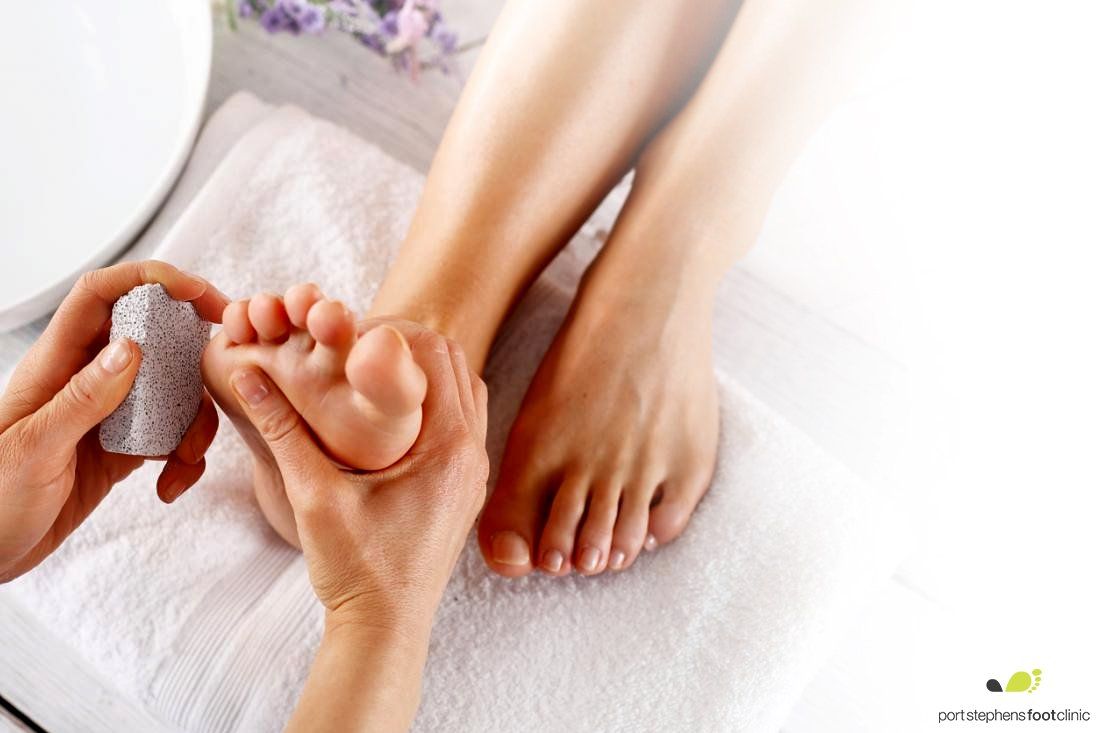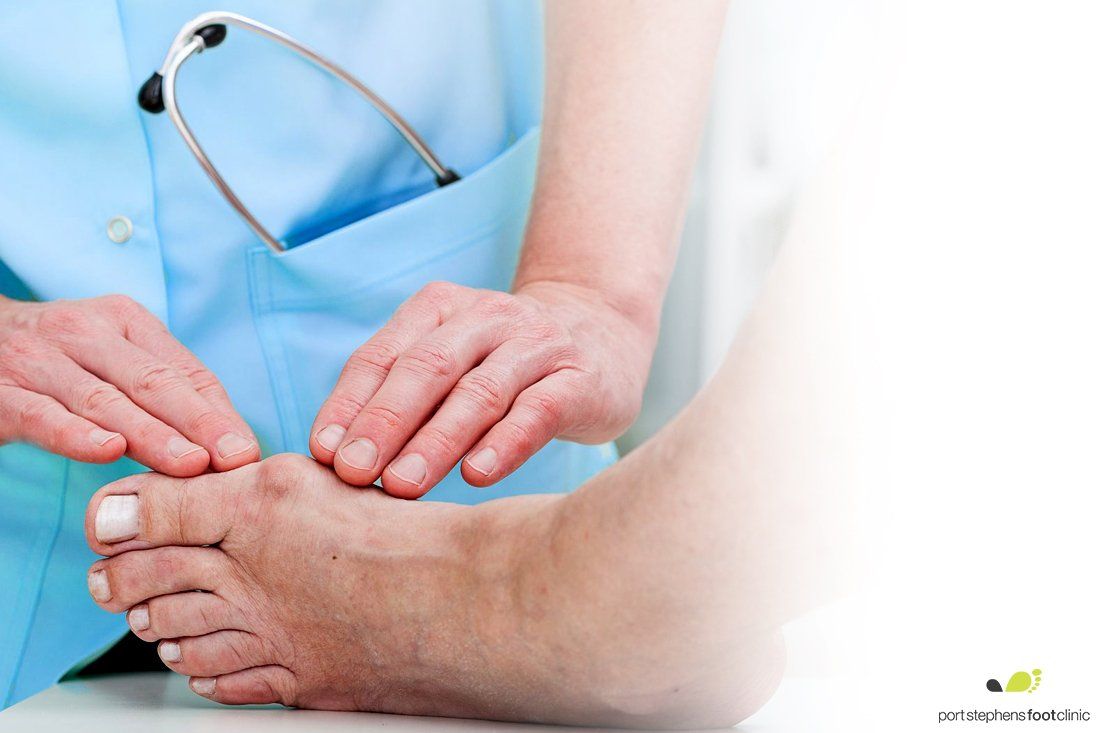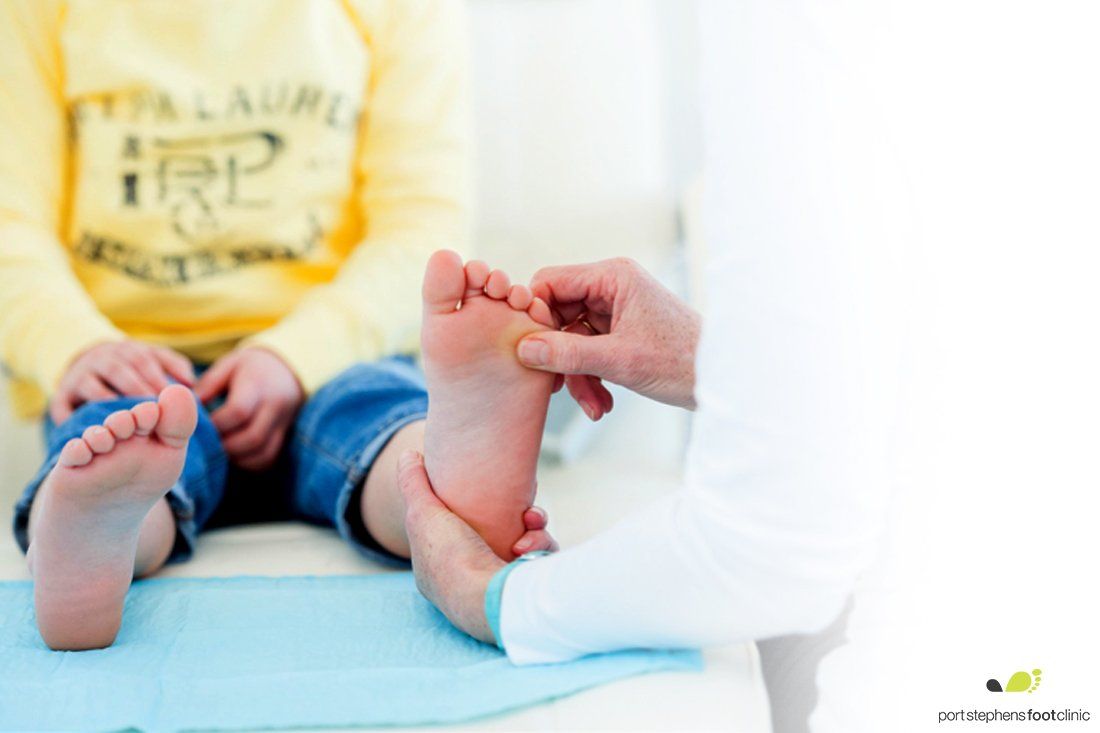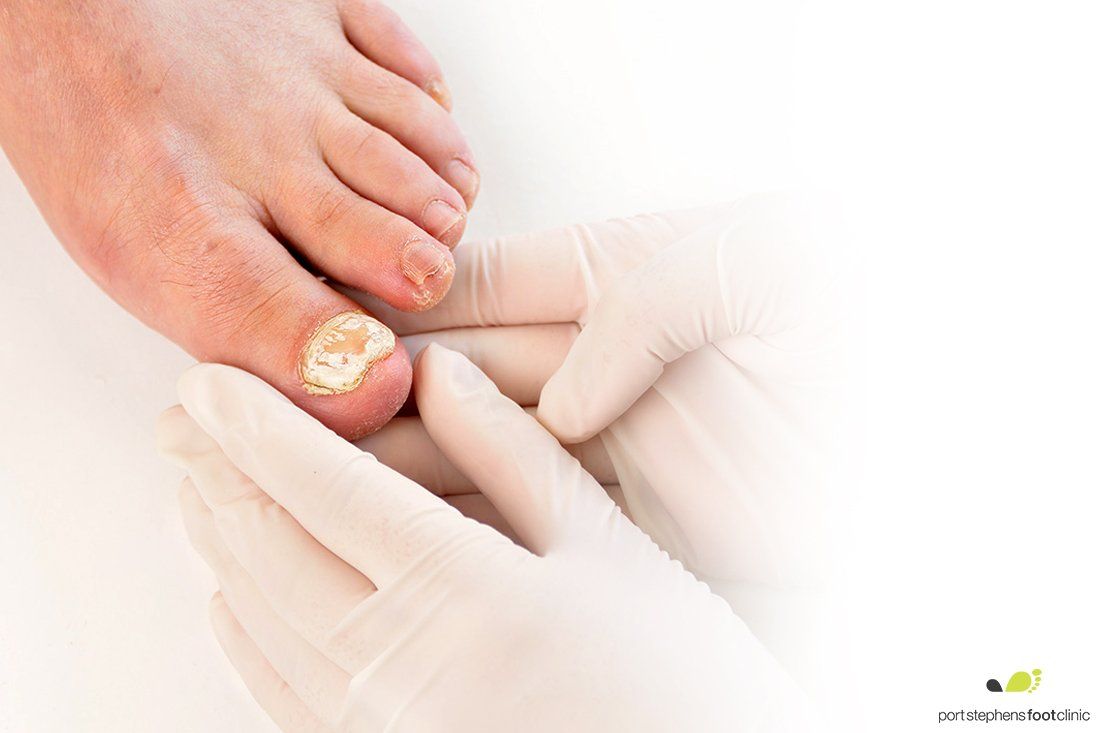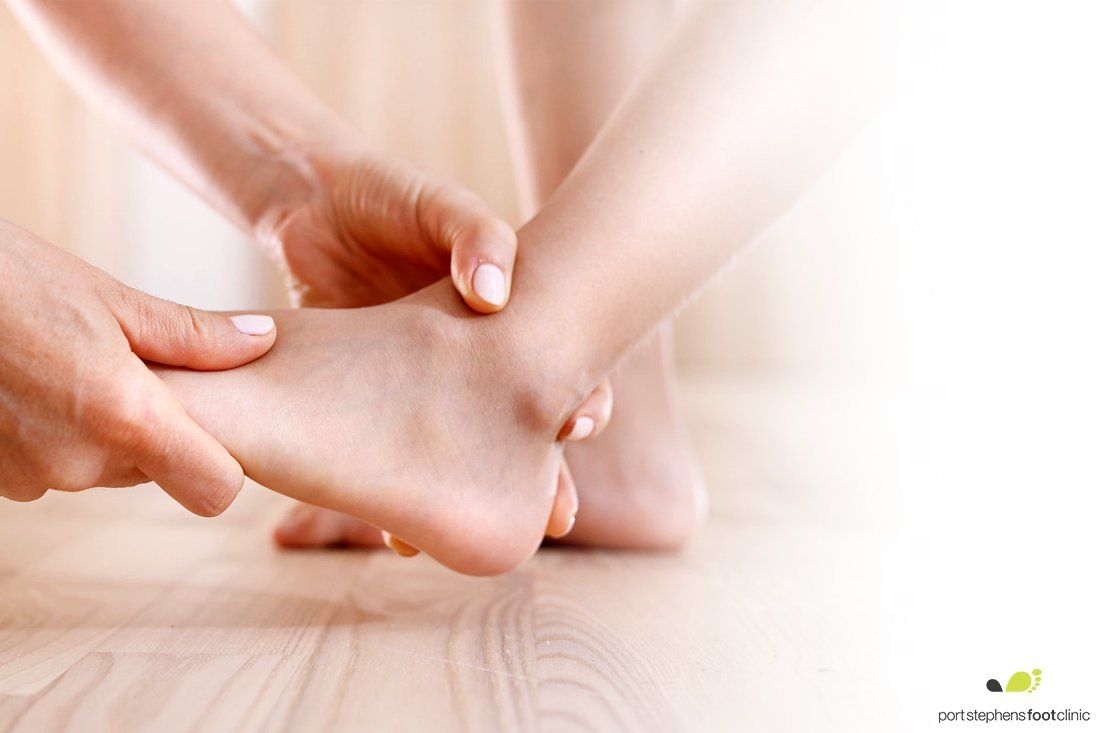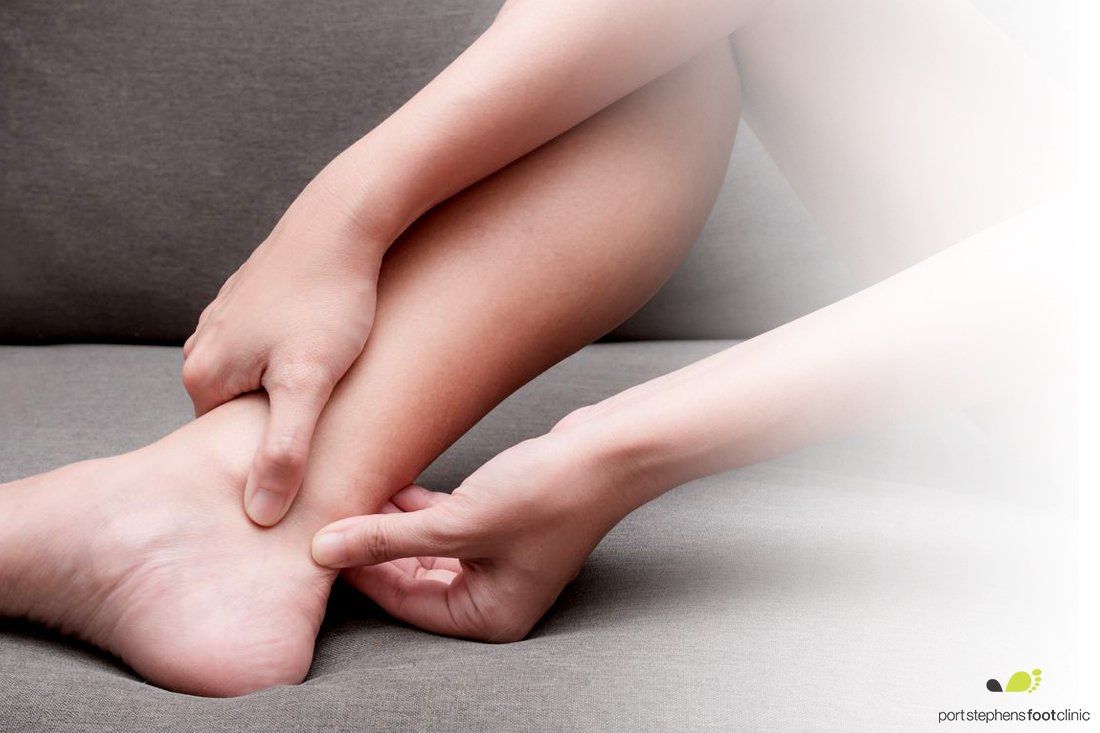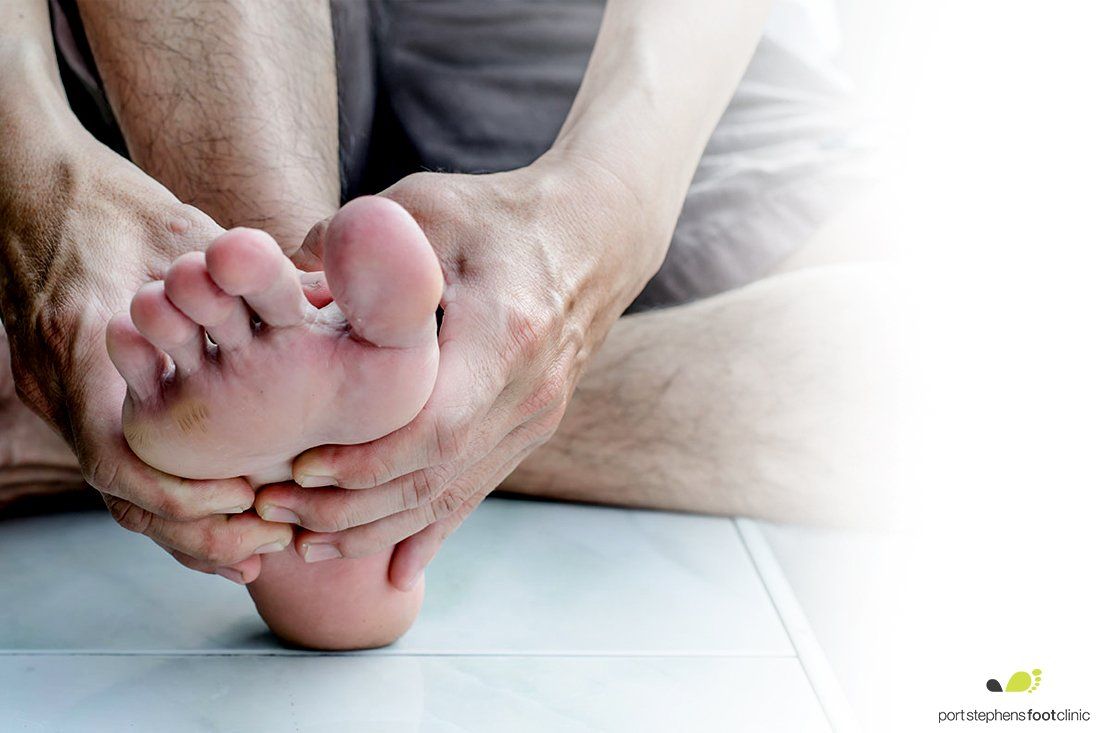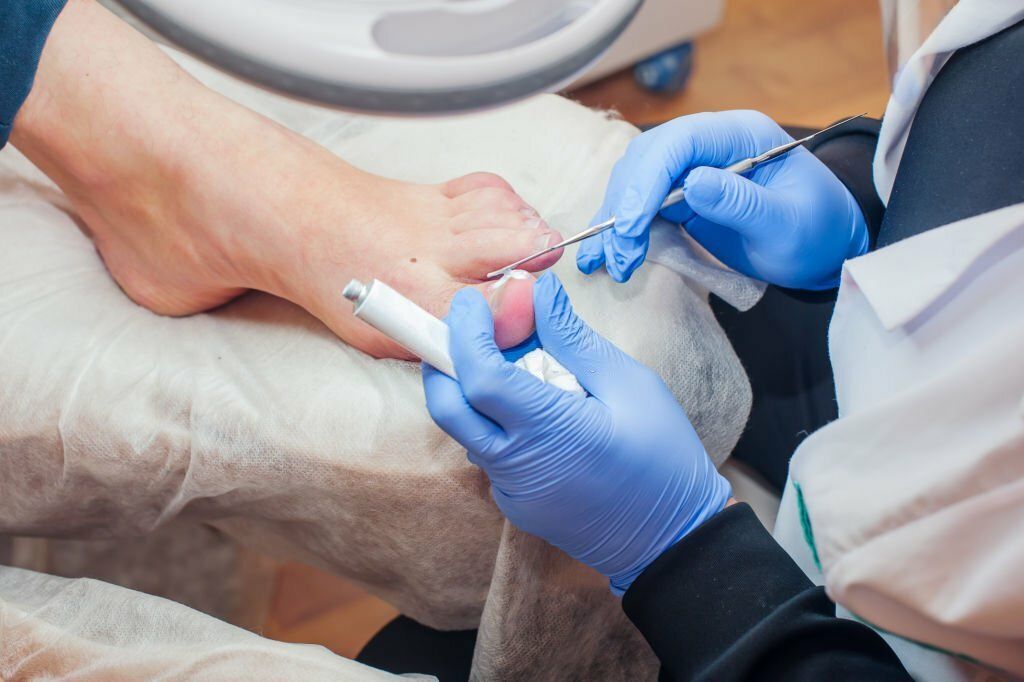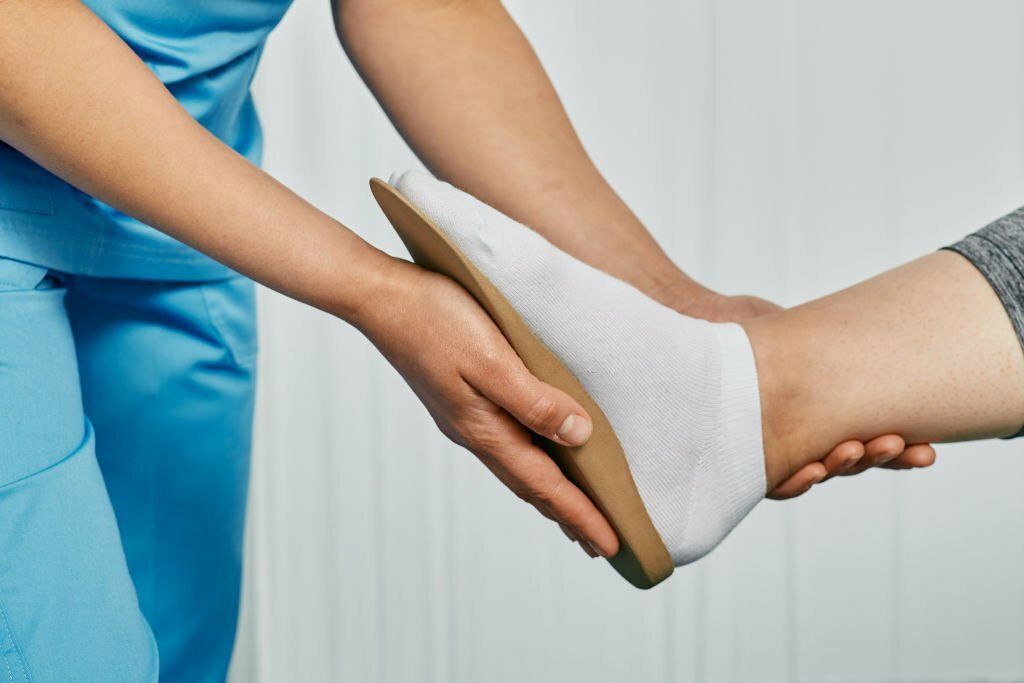Bunions
Bunions can lead to discomfort and osteoarthritis later in life. There are options available other than surgery, particularly early on, which can relieve pain through the big toe joint. We are happy to advise you on your options, surgical and conservative.
Bunions
Dealing with any type of foot problem can set you back a step or two. Since we need to be on our feet for so much of life, it’s vital that they are in good working order. Bunions are one painful condition that can affect your feet, limiting your movement and causing pain. Let’s take a look at this foot disorder and how it is treated.
What Is As Bunion?
A bunion is a painful condition that forms at the base of your big toe. It takes shape on the joint of your toe. This bony bump puts pressure on the big toe, causing it to move over sideways against the toe next to it. As it curls against the smaller toes, the bone at the base of the big toe juts out. Some people may develop smaller bunions on the little toe, which affects the feet similarly. These are referred to as bunionettes due to their small size.
How Do Bunions Impact the Feet?
Even though you may not realise how important your big toe is, it does play a vital role in your movements. The big toe helps you balance yourself by providing a leverage point when you push off with each step you take. Bunions can affect the way you walk since you experience pain. As your toe and the joint suffer damage, you will naturally favour the other part of your foot or limp. These factors hamper an even gait and can cause pain in other parts of your body, such as your hip, legs, or other foot.
What Are Some of The Symptoms and Risks of Bunions?
If you have a bunion on your feet, you may experience some of the following symptoms:
- Noticeable bump on the base of your big toe
- Swelling around the big toe joint
- Pain that may be intermittent or more regular
- Limited ability to move your big toe
- Redness around the base of your big toe near the bump
Causes and Risk Factors of Bunions
There are different reasons why you may develop a bunion. Some people get a bunion because of genetic reasons or a foot deformity. They may have flat feet that lead to a bunion issue.
Other people may have suffered an injury or put too much stress on the foot while walking, running, or playing a sport. Stress injuries or trauma injuries can lead to a bunion.
There are some risk factors that you can control and some you can’t control. Risks for bunions include:
- Wearing ill-fitting shoes
- Wearing shoes that crowd your toes (either high heels or too narrow at the toe area)
- Hereditary
- Rheumatoid arthritis
When to See a Podiatrist
It’s essential to take care of bunions by visiting your podiatrist so you don’t further complicate your problem. If left untreated, you could run into other problems. Some complications of an untreated bunion are:
- Hammertoe — This is an abnormal bend in the joints of the toe, leading to more pain.
- Bursitis — This occurs when the joints become inflamed. It can be a very painful condition.
- Metatarsalgia — This causes pain and swelling in the ball area of the foot.
In addition to these complications to bunions, you will have difficulties going about your daily life if you leave a bunion untreated. Contact Port Stephens Foot Clinic to get a thorough foot exam and discuss your options. If after we take a look at your feet our team can’t help you we’re happy to help by referring you to a specialist that offers both surgical remedies as well as conservative orthosis therapy.
How We Can Help Treat Bunions
Your podiatrist can safely treat the affected area by debriding the area and removing the hardened skin. This is a pain-free procedure and will eliminate your discomfort when wearing shoes. In addition, the podiatrist can help you resolve any long-term issues you are having with your footwear by assessing your situation and making recommendations.
Next Steps
It’s important to consult with a podiatrist regularly if you are prone to getting Bunions so they can ensure your feet have optimal health.
Contact Port Stephens Foot Clinic for an appointment today.
We're happy to advise you on all of your options, surgical and conservative.



